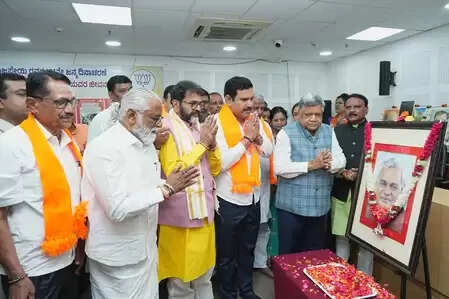During a recent announcement regarding tariffs on Indian goods, former President Donald Trump made headlines with his choice of words, stating, “‘PM is my friend but…'” This remark encapsulated the complex relationship between the United States and India, particularly in the realm of trade. Trump’s administration had a history of advocating for a more balanced trade partnership, often criticizing countries he perceived as benefiting disproportionately from trade agreements. His unique approach to diplomacy often blurred the lines between personal relationships and political negotiations, and this instance was no exception.
Trump’s statement reflects a broader context of U.S.-India relations, marked by both camaraderie and contention. While he acknowledged the friendship he shared with Indian Prime Minister Narendra Modi, Trump also highlighted the necessity of addressing trade imbalances that the U.S. faced. The imposition of tariffs can be seen as a strategic move to ensure that American interests are prioritized, aiming to protect local industries from foreign competition. This duality of friendship coupled with assertive economic policies illustrates the intricate dynamics that underpin international relations, where personal ties can influence but not dictate policy decisions.
In his announcement, Trump likely aimed to send a message not only to India but to other nations as well — that while friendship is valued, the U.S. would not shy away from enforcing measures that safeguard its economic interests. This approach has often been characterized by a transactional outlook on diplomacy, where relationships are built on negotiations that yield tangible benefits. Such a stance can lead to tensions, as allies may feel the pressure of economic policies that prioritize American interests over collaborative growth.
The implications of Trump’s tariffs on India extend beyond immediate economic repercussions; they signal a potential shift in how trade relationships are managed in the global arena. As countries navigate the complexities of mutual dependencies, the balance between maintaining friendships and pursuing national interests will continue to be a critical theme in international diplomacy. Ultimately, Trump’s remarks serve as a reminder of the delicate interplay between personal relationships and the hard realities of trade policies in shaping the future of U.S.-India relations.




